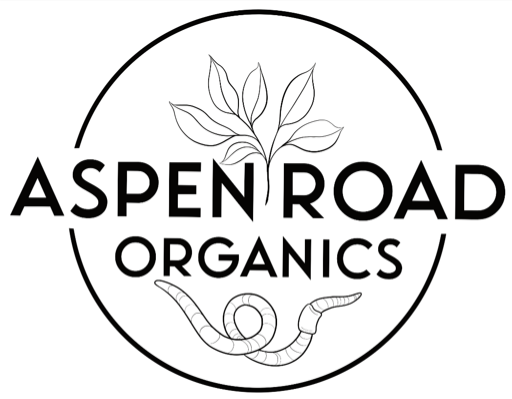What is worm composting?
-
Worm composting (aka Vermicomposting)
is the process of using worms (red wigglers and european nightcrawlers are the most popular (to create a mixture of decomposing vegetable of food waste, bedding materials, and vermicast. The process functions in a simple fashion
where the worms, together with microorganisms consume and decompose the organic waste material in the form of food scraps and other carbon-rich materials. -
Worm Castings (aka Vermicast)
this is the end-product of the breakdown of organic matter by the worms.
Vermicast has been shown to contain reduced levels of contaminants and a higher saturation level of nutrients that the organic materials before they are composted.
-
What are worm castings used for?
Worm castings can be utilized in
gardens to promote plant growth. It can either be mixed with potting soil at a rate of 10% by volume or added directly into the soil; both options will
provide plants with valuable organic matter, nutrients, and a diversity of
beneficial microbes.
Benefits of worm composting
- diverts organic residuals from the landfill contributing to waste reduction.
- provides nutrient-rich castings that serve as an excellent organic fertilizer for plants.
- it’s one of the most efficient ways to compost – it produces more compost in less time than most other composting methods.
Did you know?
-
You can compost indoors...
Worm composting can be done indoors using a composting bin. They are easy to set up and use!
-
There’s also a lot of fun to be had in composting with worms! For many, worm composting becomes a rewarding hobby and a lifestyle.
-
Worm composting is a great way to teach children about sustainable practices like composting and recycling.
